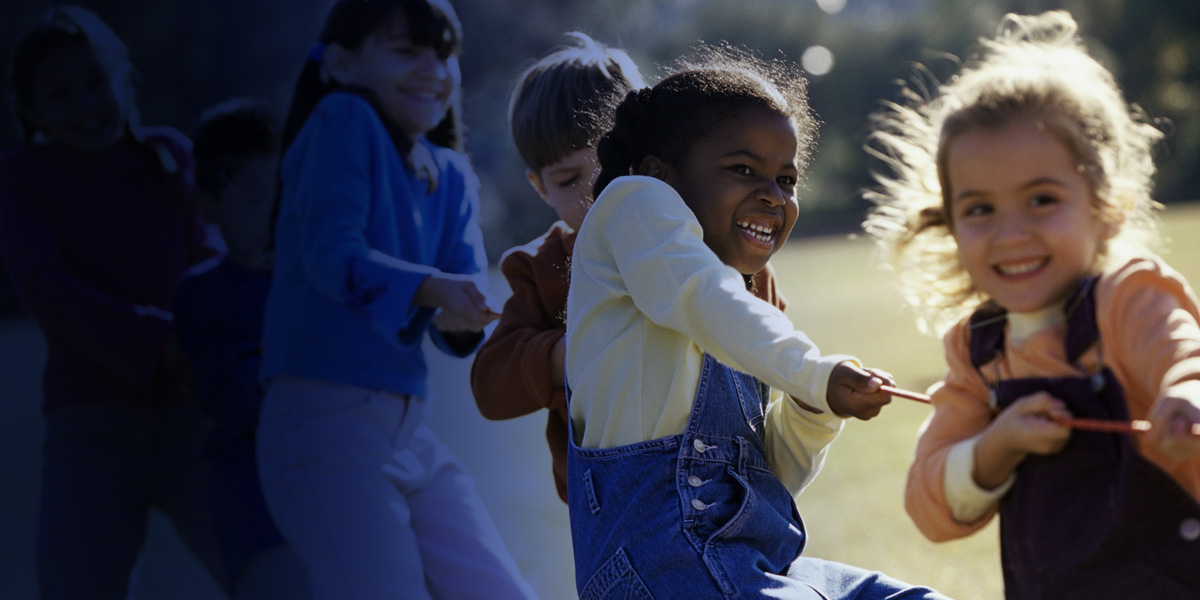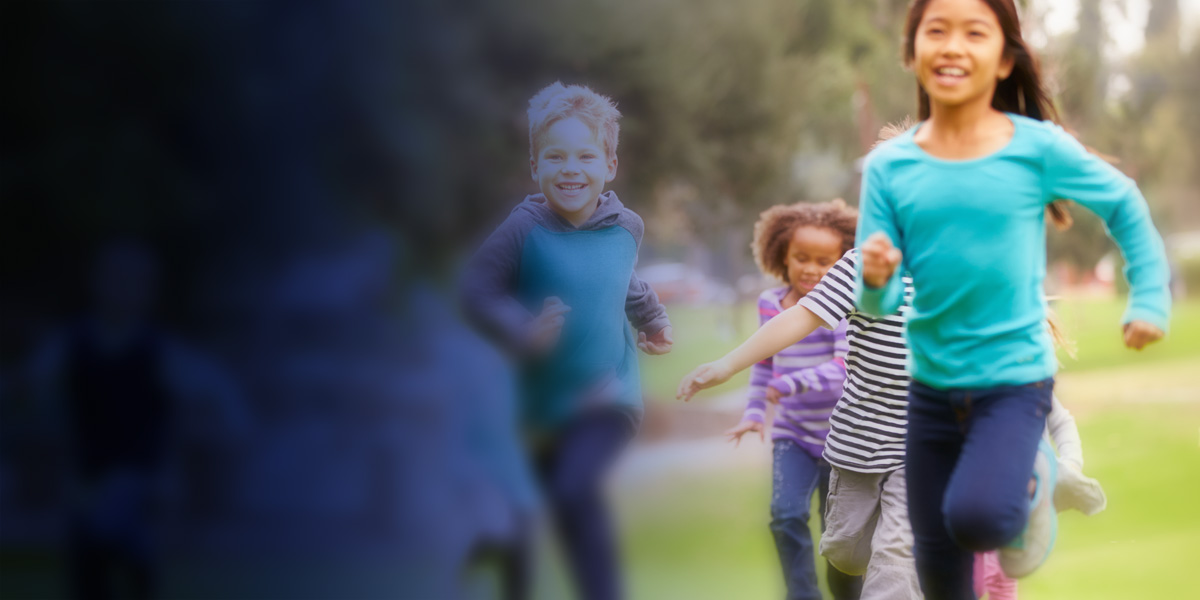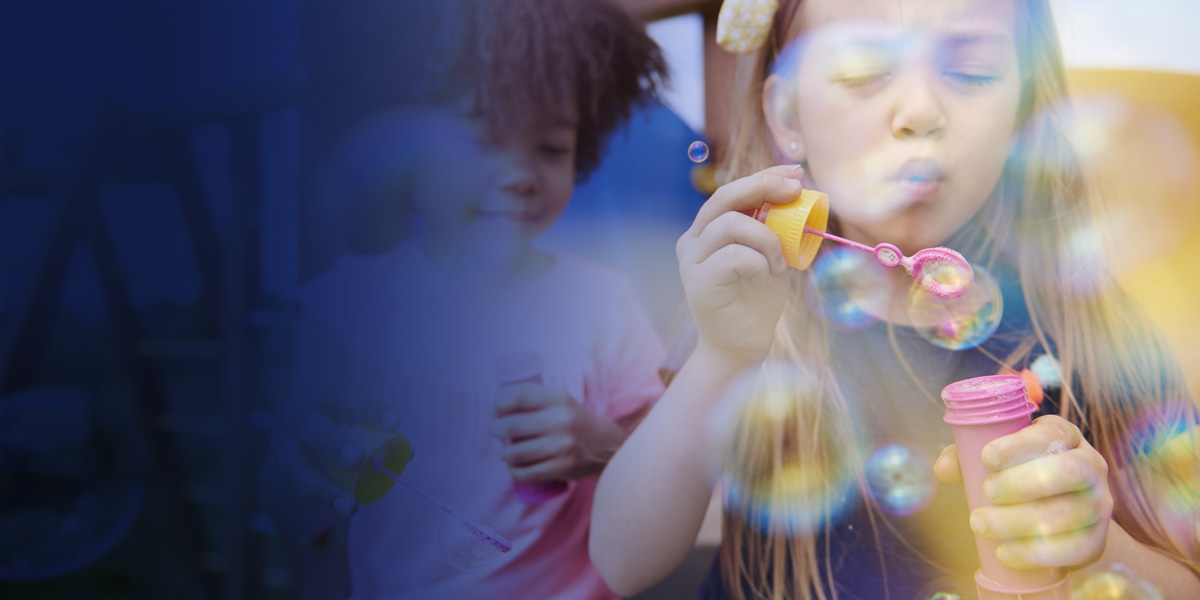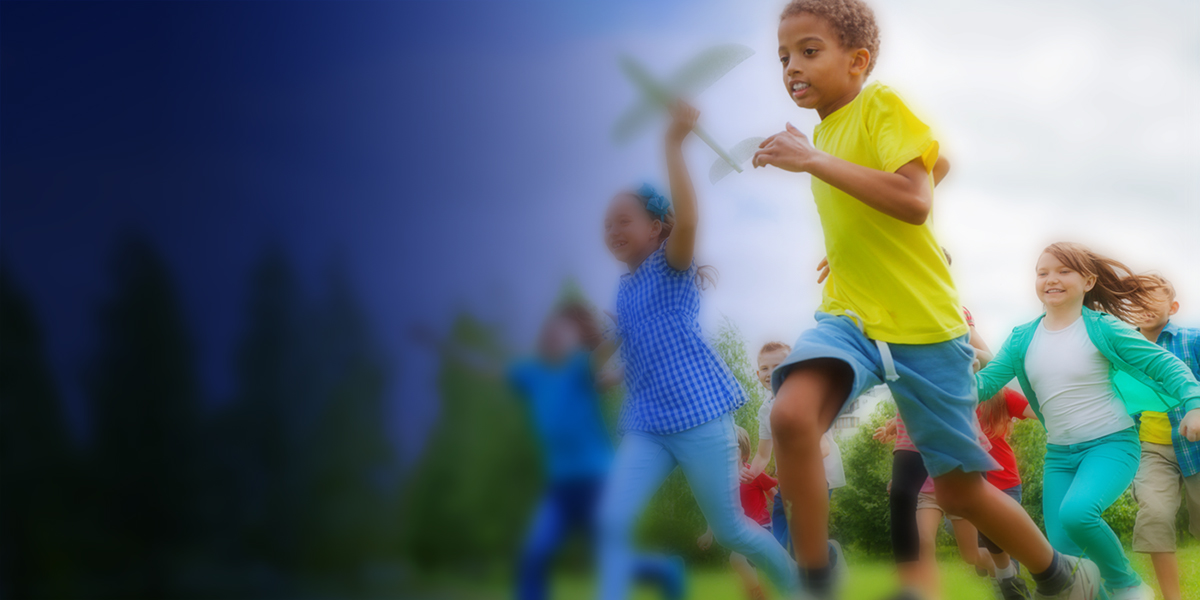Seasonal and Holiday Safety
Certain safety considerations should be made for seasonal variances. For instance, you would not apply the same set of tips for summer and the anticipation of water activities and the harsh and potentially hazardous weather of winter.
Polly’s Guidelines for Summer Safety:
- Young children should always be supervised when you are near any body of water i.e. – river, lake, pond, pool, spa, bath, etc.). An adult or lifeguard should be on the premises or in the water with the child.
- Be sure all pool and spa drains are properly secured. Stay away from the drains.
- Teach your children not to run around the pool. When not using the pool be sure to remove all toys and secure the pool. Teach your children to swim.
- Life jackets should be worn at all times when on a boat.
- When bicycling make sure your child has protective gear (i.e. – helmet, pads, gloves, etc.). Children should ride on sidewalks, pathways and away from traffic. Teach your children the rules of the road. At night, wear reflective clothing and have reflective lights on bike.
- Ensure that your children are equipped with appropriate protective gear (i.e. – helmet, pads, gloves, etc.) when rollerblading. Rollerblade in skating arenas, rollerblading parks or in areas away from cars and pedestrians.
- Avoid heat stroke by drinking lots of fluids. Use spray bottle water to cool off. Use plenty of sun block (i.e. visor, sun-block, shades, etc.).
- Always pack a first aid kit when going on trips and/or camping.
- When hiking always go with a group and stay on the trail. When building a campfire, don’t get too close to the fire. Don’t feed or play with the wild animals. Always pack a first aid kit. Beware of ticks. Eat healthy foods.
- Make sure that children do not play in or near the street.
- Don’t play with fireworks.
- Children traveling alone on airplanes should be assigned aisle seats. This enables flight attendants to keep an eye on them and ensures that they arrive to their destination safely.
Guidelines for Winter Safety
Clothing Safety
- Dress Appropriately When Participating in Winter Sports.
- Dress warmly. Hats and gloves are important. Also, wear comfortable clothing.
- Dress in layers, and then you can take clothes off if you are too warm. Your outer layer of clothing should be water resistant.
- To avoid strong reflection of the sun off the snow, use sunglasses or goggles with UV protection.
- Scarves may be a safety hazard as they can get tangled in equipment.
- Get out of wet clothes and shoes/boots quickly, as these are factors that contribute to frostbite.
- Sunscreen may be necessary on a sunny day to prevent sunburns.
Home Safety:
- Keep candles away from decorations and children.
- Be cautious with space heaters. Keep them at a safe distance from drapery, furniture and children. Never leave them operating when the room is unoccupied or when you go to bed. Never dry wet clothing on a space heater.
- Don’t overload electrical outlets. Unplug all lights before going to bed or leaving home.
- Have your chimney inspected and cleaned if necessary.
- Check water pipe insulation to prevent winter freezes.
- Check heating system and make sure heat is being delivered to all outlets.
Ski Safety:
- A ski technician should check that your skis are the proper length and your boots fit. Bindings must be set to release with the appropriate amount of pressure and adjusted for each individual. This is particularly important if equipment is borrowed or rented.
- If you are new to the sport, ski lessons are invaluable. In the beginning, it is important to learn turns and speed control. When you possess the skills to maneuver a hill, you can enjoy the experience.
- Choose a hill suited to your ability. When skiing, you want to be able to remain in control at all times when going down a hill. Don’t be pressured by others when selecting a ski route.
- Reduce the risk of getting in the way of others skiers. Clear the track when getting off the ski lift. If you fall on the hill, move to the side, taking your equipment with you.
- Injuries are more likely to occur at the end of the day, when you are tired. It is better to relax and have a snack, than go for one last run.
Winter Travel Safety:
- Prepare a first-aid kit and carry essential medications.
- Maintain a safe driving speed and distance during hazardous conditions.
- Most deer-car crashes happen in the winter. Be alert for deer-crossing signs and remember deer are unpredictable and often travel in groups. Don’t swerve your vehicle to avoid striking a deer.
- When attending or hosting a party, have a designated driver.
- Make sure tires have adequate tread and air pressure.
- Keep windshield wiper fluid tank filled and carry an extra container of fluid in your vehicle.
- Keep a windshield scraper and small broom for ice and snow removal.
- Maintain at least a half tank of gas.




